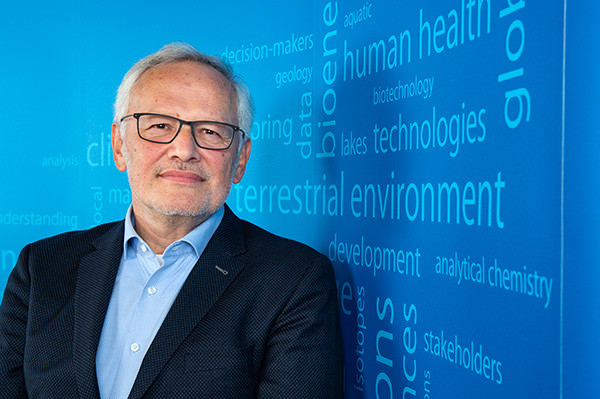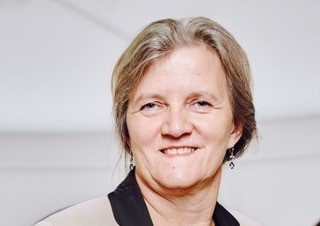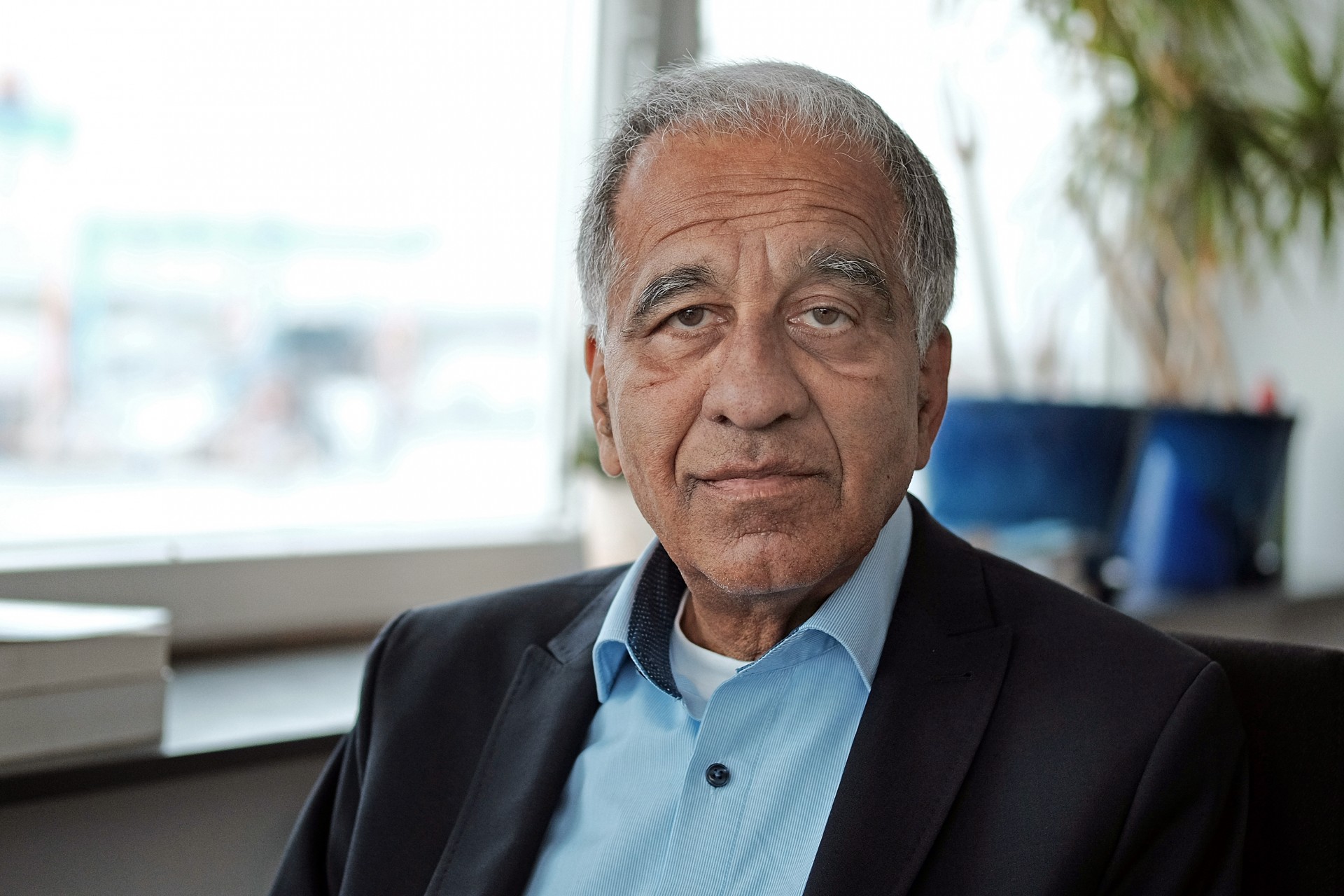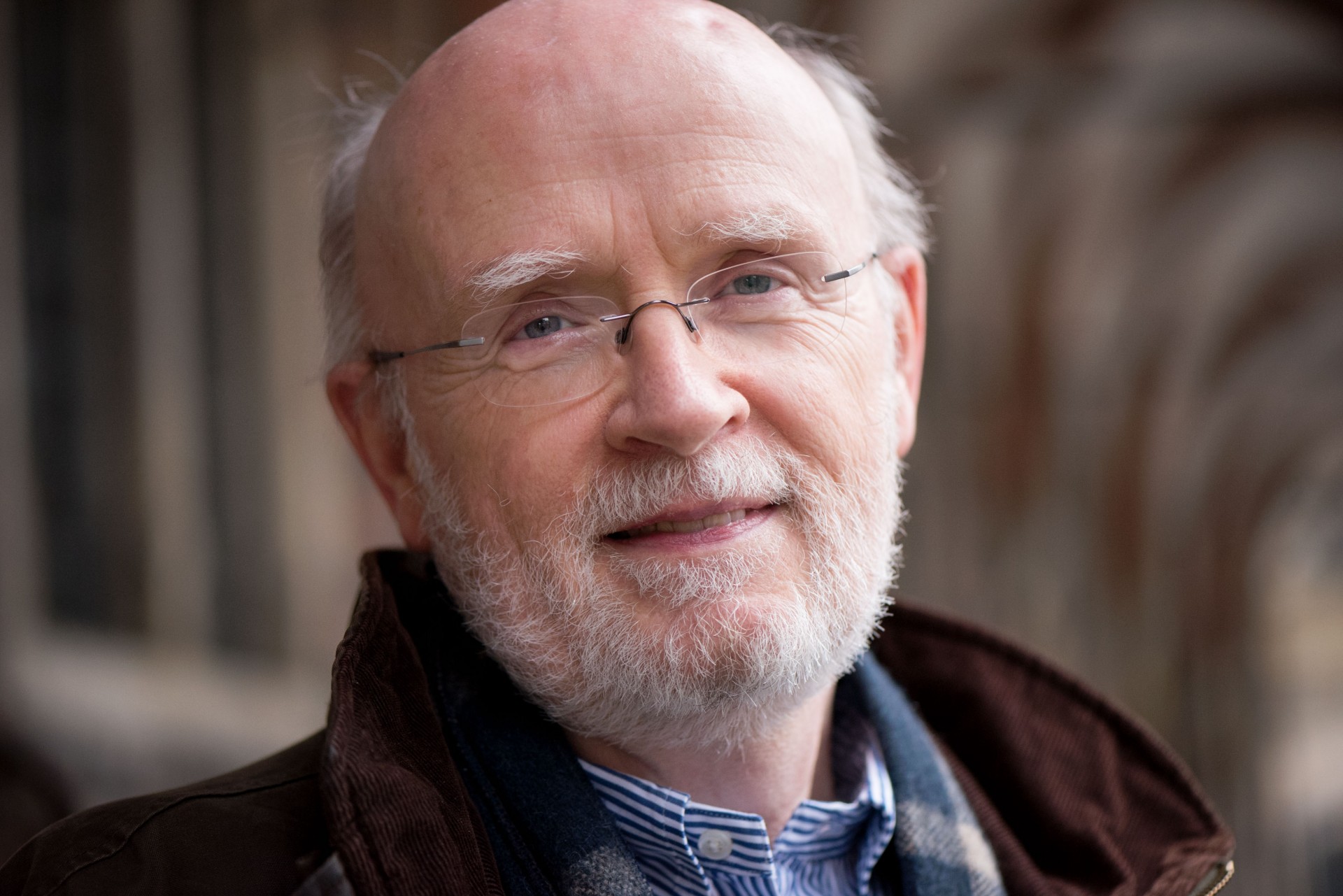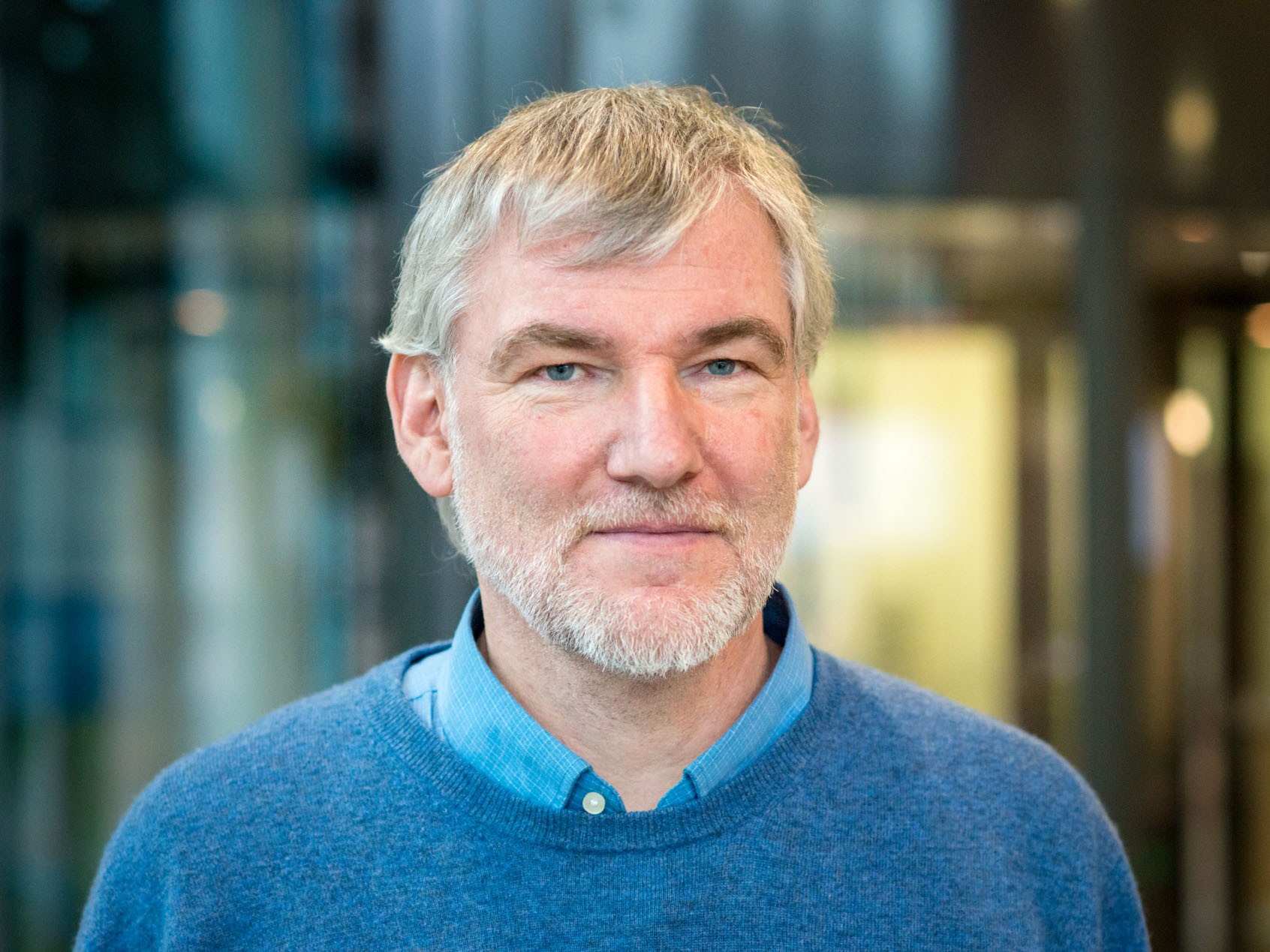5 years of Paris Climate Agreement - Where are we today?
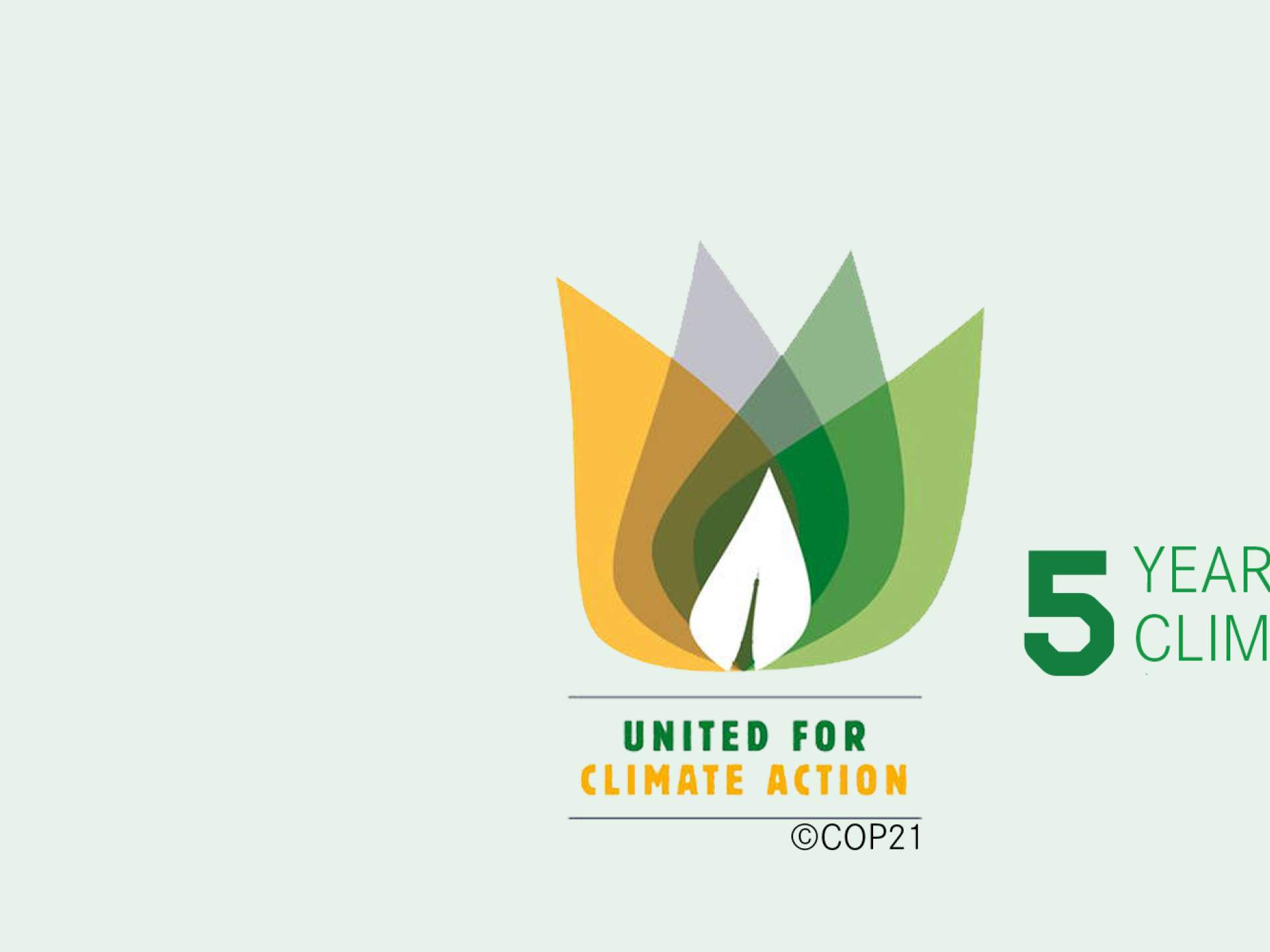
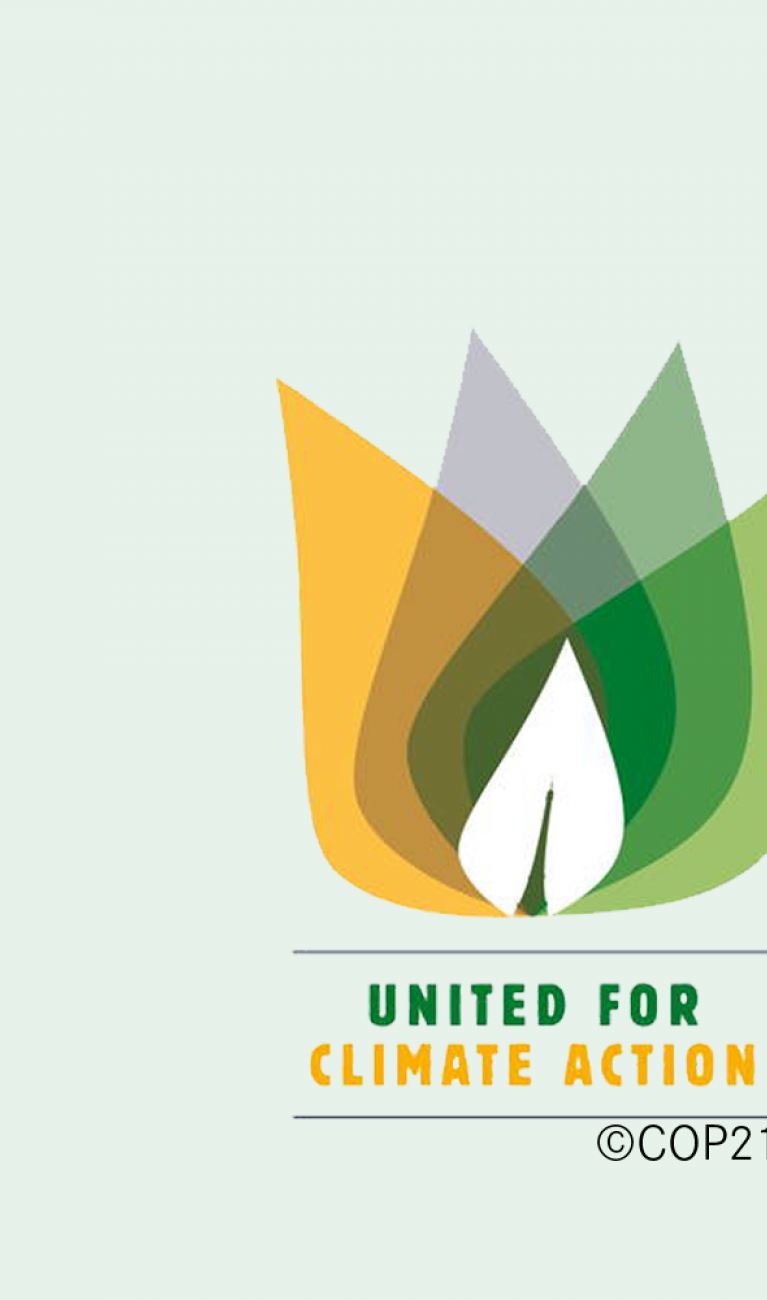
Five years ago, on December 12, 2015, the Paris Climate Agreement was signed - a milestone in global climate policy. 195 countries agreed to limit global warming - if possible to well below 2 degrees Celsius compared to the pre-industrial era. But where are we today? Are we on the right track? This is what our experts have to say.
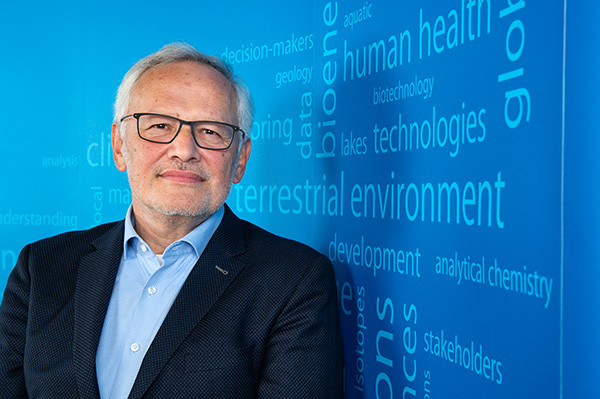
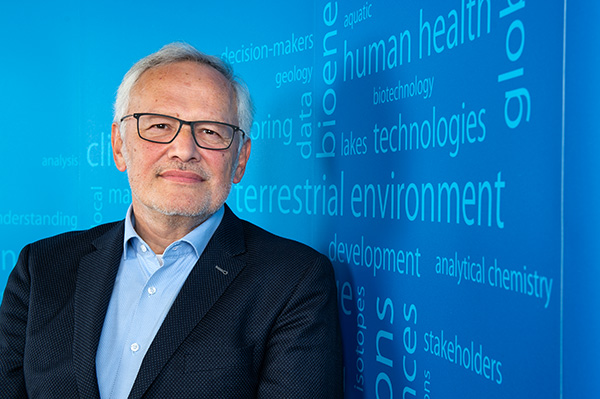
"The agreement was a political milestone in the global effort to limit global warming below 2 degrees. But even if we succeed in reaching this goal, or even better, 1.5 degrees, significant adaptation measures will be necessary in many regions of the world whose inhabitants will otherwise have no future. Regardless of this threat, it is completely irresponsible that still many nations, even wealthy ones, are not making serious efforts to comply with the Paris Agreement."
Prof. Dr. Georg Teutsch
Overall Coordinator of the Helmholtz Climate Initiative, Scientific Director of the Helmholtz Centre for Environmental Research - UFZ
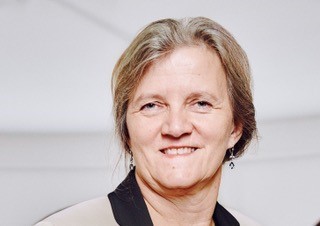

"The Paris Agreement is a significant step for international climate policy and a turning point in global climate cooperation. However, the national contributions to reduce climate change, that have been set, are not yet enough to fulfill the agreement. Moreover, the commitments made by the states must now be followed by concrete action. It is important to take up the responsibility we have for future generations and within the global community."
Prof. Dr. Daniela Jacob
Scientific Director Mitigation of the Helmholtz Climate Initiative, Director of the Climate Service Center Germany (GERICS)
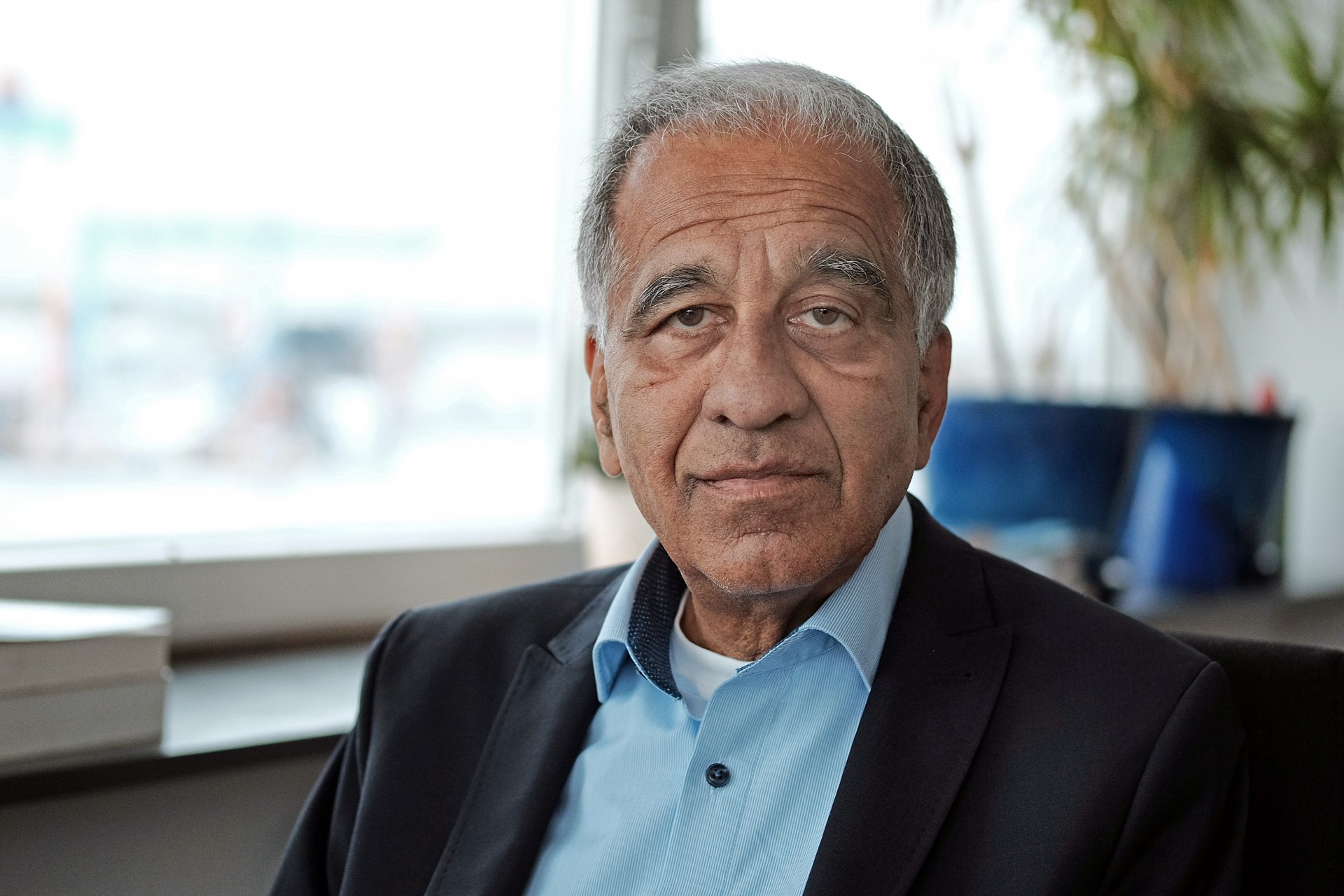
"The agreement was an important political signal, that countries want to work together to address climate change. However, it has so far failed to deliver what was expected of it. Efforts to protect the climate, especially by the industrialized countries and China, are not sufficient to even come close to the goals of the Paris Climate Agreement.
The last 5 years have been lost years for global climate action, with the U.S. withdrawing from the agreement and greenhouse gas emissions continuing to rise. The countries must finally face up to their responsibilities in the next 5 years and significantly reduce greenhouse gas emissions in order to achieve climate neutrality towards the mid-century. Otherwise, it will be almost impossible to prevent a climate catastrophe."
Prof. Dr. Mojib Latif
Head of Research Unit Maritime Meteorology at the Helmholtz Centre for Ocean Research Kiel (GEOMAR) and Board Member of the German Climate Consortium
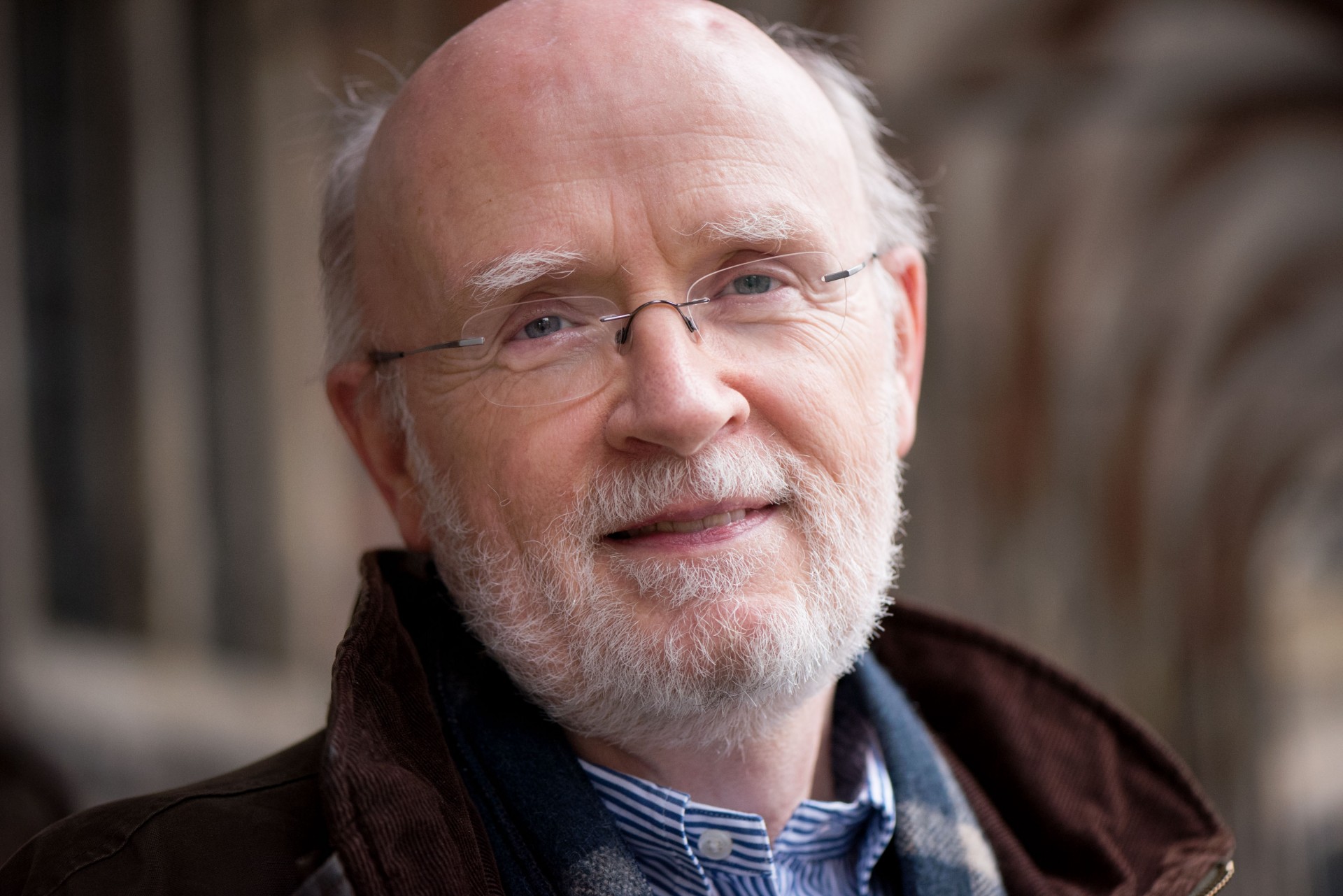
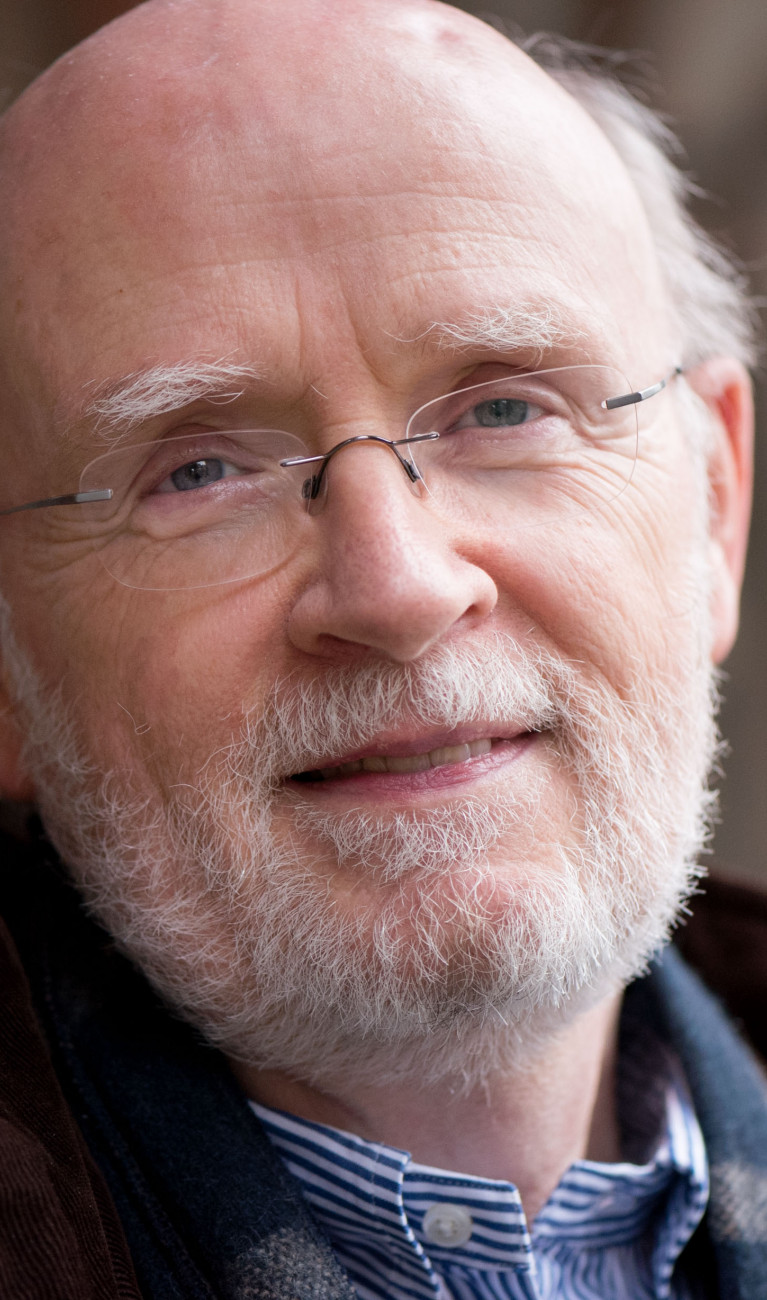
"The Paris Agreement is based entirely on the insight gained from the work of our IPCC Working Group, that the impacts of climate change are massive even at moderate levels of warming. Therefore, the climate goal has been further tightened from the previously considered 2°C target to 1.5°C, if possible. This target was impressively confirmed in our report on the effects of global warming of 1.5°C; some risk thresholds must now be set lower than they were at the time of the Paris Agreement. The control mechanisms, that have been put in place, increase the chance of achieving this target."
Prof. Dr. Hans-Otto Pörtner
Head of the Department Biosciences and Integrative Ecophysiology at the Alfred Wegener Institute and Co-Chair of IPCC Working Group II.
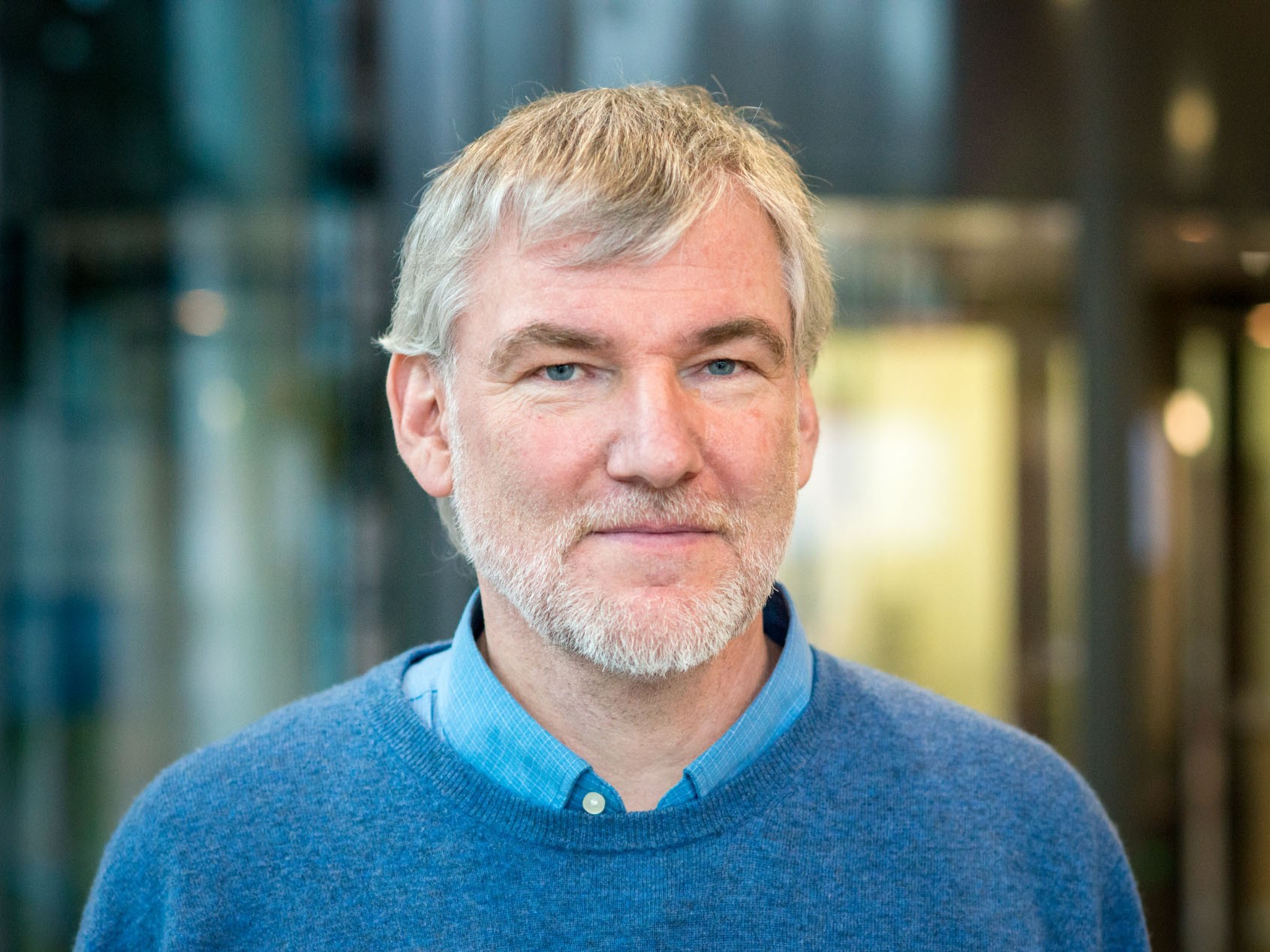
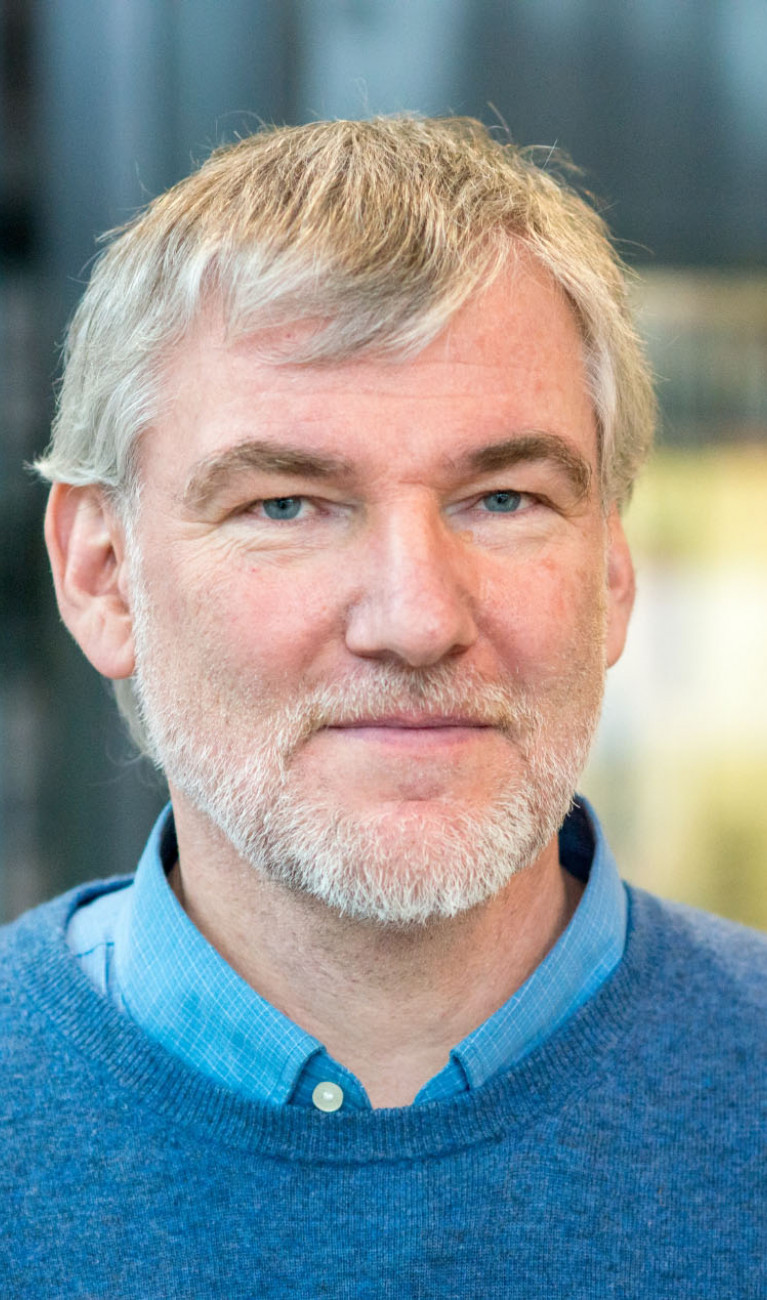
"The resolution of the climate agreement was very important and has significantly encouraged the discussion regarding the urgency of action. In the last 5 years, progress has been rather slow; this will accelerate significantly in the next few years. The fact that countries like China now want to participate is a big step forward. Also, more and more companies are committing to the goal of climate neutrality. We are on the right track today, but there is still a lot to do."
Prof. Dr. Andreas Huth
Deputy Head of Department Ecological Systems Analysis at the Helmholtz Centre for Environmental Research - UFZ


"The Paris Accord remains a milestone in global climate negotiations. For 5 years now, it has been clear that we must act! For 5 years now, global carbon emissions continue to rise. In the next 5 years our common efforts need to finally reflect the promises that were made in Paris: Global, fair and sustainable climate protection."
Dr. Nadine Mengis
Scientist in the field of marine biogeochemistry at the Helmholtz Centre for Ocean Research Kiel (GEOMAR)


"The Paris Agreement was and is a crucial commitment to recognize human-induced climate change and the international commitment to stop it. However, the progress made so far is barely sufficient to achieve the agreed targets in time. Political action needs to gain significant clout, especially in terms of global cooperation."
Dominik Heß
Scientist at the Institute for Micro Process Engineering at the Karlsruhe Institute of Technology
The 2015 Paris Climate Agreement and more information about it can be found here.

